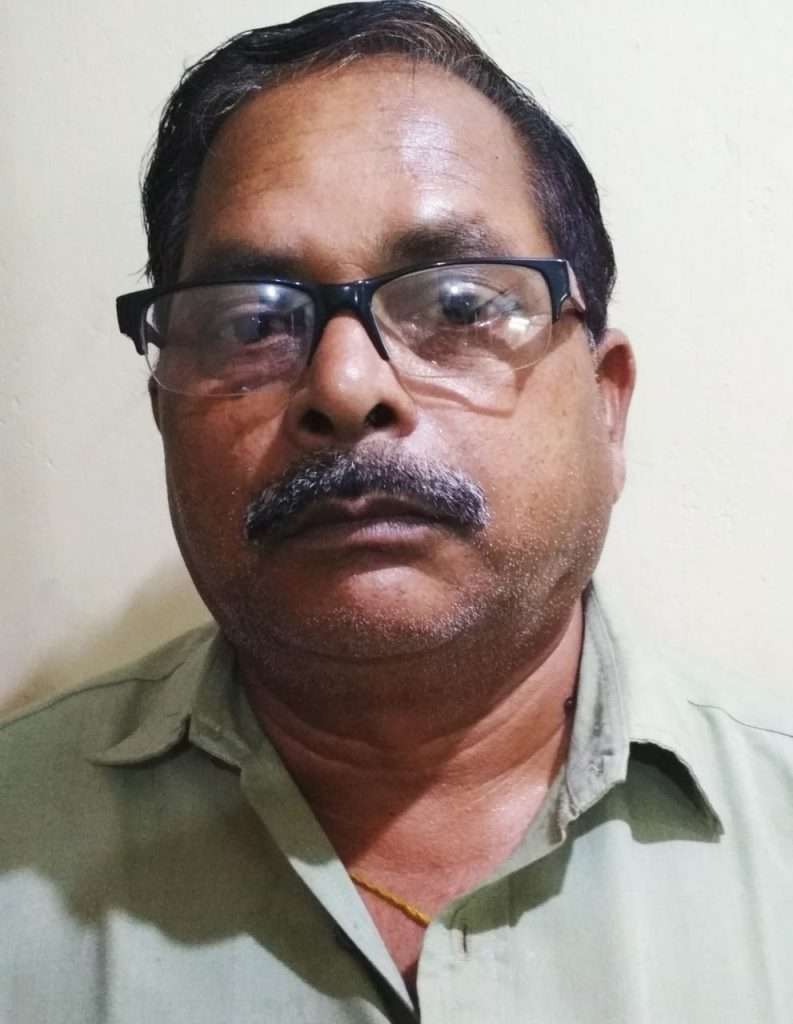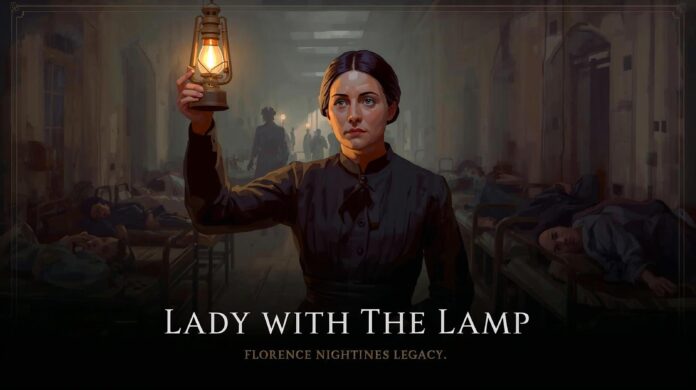Florence Nightingale, a British Nurse, is nicknamed as Lady with the Lamp during the Crimean War. She was also a social reformer, statistician, and founder of modern nursing. She became well known during the Crimean War for caring for the wounded soldiers at Constantinople. She reduced death rates by improving hygiene and living standards. She became the Lady with the Lamp, making rounds of wounded soldiers at night.
She was born on 12 May 1820 at Florence, Grand Duchy of Tuscany, and died on 13 Aug 1910 at Mayfair, London. Florence inherited from both sides of her family. A BBC documentary reported – “Florence and her elder sister had ideas about women’s education. They studied History, Mathematics, Italian Classical literature, and Philosophy. From an early age Florence, who was the more academic of the two girls, displayed an extraordinary ability for collecting and analysing data which she would use to great effect in later life.”
As a young woman Nightingale was attractive, slender, and graceful. She was charming and possessed a radiant smile. She travelled widely as far as Greece and Egypt. While at Athens, she rescued a little owl from siblings who were tormenting it. Nightingale carried it in her pocket, but the pet died before leaving for Crimea.
Her writings on Egypt are proof of her learning, literary skill, and philosophy of life. She sailed up the Nile as far as the temple of Abu Simbel in January 1850. She praised the temple and wrote:
“Sublime in the highest style of intellectual beauty, intellect without effort, without suffering. Not a feature is correct – but the whole effect is more expressive of spiritual grandeur than anything I could imagine. It makes the impression upon one that thousands of voices do, uniting in one unanimous simultaneous feeling of enthusiasm or emotion, which is said to overcome the strongest man.”
At Cairo she wrote –
“God called me in the morning and asked me would I do well for him alone without reputation.”
The fame of Florence Nightingale came during the time of the Crimean War. Britain and France entered the war against Russia on the side of the Ottoman Empire on 21 October 1854. She and the staff of 38 women volunteer nurses were sent to the Ottoman Empire. Fifteen Catholic nuns were also engaged in taking care of wounded soldiers. The nurses worked about 295 nautical miles (546 kms) away from the main British camp across the Black Sea in the Crimea.
When Nightingale arrived at Selimiye Barracks in Scutari in November 1854, her team found that medicines were in short supply, poor hygienic conditions, and mass infections were common. At this time, this frail young woman embraced in her solicitude the sick of three armies. She appealed to the British Govt., and the Govt. responded properly. Death rates reduced. She got her nickname Lady with the Lamp in her hand, making her solitary rounds along each corridor to the delight of wounded soldiers. She was a ministering angel without exaggeration. Florence Nightingale did a yeoman service for the wounded soldiers. She will be remembered till the Sun and the Moon are in the sky.
(The views expressed are the writer’s own.)

Radhakanta Seth is a Former Income tax officer in Sambalpur. He is a Freelance writer and his articles have been published in some Oriya dailies like Sambad, Samaj, Dharitri and English dailies like The Telegraph and in a sociological journal ‘Folklore’ published from Kolkata.
(Photo has collected from net )

